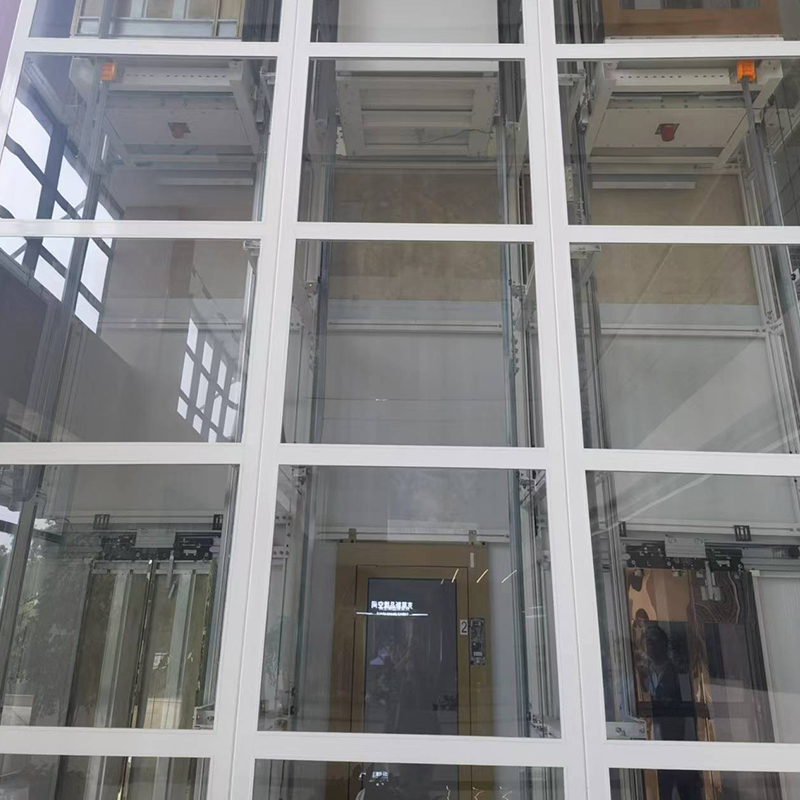Содержание
ПереключатьПолная замена лифта
One significant aspect that often requires attention when considering building upgrades is the complete replacement of the elevator. Elevators are crucial for accessibility, especially in multi-story buildings, and over time, they can wear out, becoming less efficient and potentially unsafe. Understanding the cost of a complete elevator replacement is essential for property owners and managers. This article will explore factors influencing the price, what to expect during the process, and the benefits of investing in a complete elevator replacement.
Factors Influencing Cost
The cost of a complete elevator replacement can vary significantly based on several factors:
Type of Elevator:
The type of elevator being installed plays a crucial role in cost. Hydraulic elevators are less expensive than traction elevators but may only be suitable for some buildings. Depending on the specifications, a complete elevator replacement could range from $20,000 to $100,000 or more.
Building Structure:
The existing infrastructure of the building will impact the cost. Suppose the building requires significant modifications to accommodate a new elevator, such as reinforcing the shaft or changing the layout. In that case, this will increase the overall expense of the complete elevator replacement.
Size and Capacity:
Elevators come in various sizes and capacities. A larger elevator designed to carry more weight will typically cost more. During a complete elevator replacement, it’s essential to consider the needs of the building and its occupants to choose the appropriate size.
Customization and Features:
Modern elevators often have advanced features such as smart technology, energy-efficient systems, and aesthetic upgrades. Adding custom finishes, lighting, and advanced controls during a complete elevator replacement can significantly affect costs.
Location:
The geographical location of the building can also influence costs. A complete elevator replacement may be higher in urban areas where labour is more expensive than in rural settings.
Permits and Regulations: Compliance with local building codes and safety regulations is essential when replacing an elevator. Obtaining the necessary permits can add to the cost and timeline of a complete elevator replacement.
Typical Costs
On average, the cost of a complete elevator replacement can be broken down into several components:
Demolition and Removal:
This initial phase involves safely removing the old elevator, costing between $5,000 and $15,000.
Installation:
The installation of a new elevator typically ranges from $15,000 to $75,000, depending on the factors mentioned earlier.
Finishing Touches:
Customization and finishes can add anywhere from $5,000 to $20,000 to the total cost.
Inspection and Compliance:
Ensuring the new elevator meets safety standards may incur additional costs, typically around $1,000 to $5,000.
Overall, the total cost for a complete elevator replacement can range from $30,000 to over $100,000.
The Replacement Process
The process of a complete elevator replacement involves several key steps:
A thorough evaluation of the existing elevator and building structure by professionals is crucial. This assessment will help determine the specific needs for the replacement.
Design and Planning:
A design plan is created once the assessment is complete. This plan should align with the building’s aesthetic and functional requirements.
Permitting:
Before any work begins, obtaining the necessary permits and approvals is essential to ensure compliance with local regulations.
Demolition:
The old elevator will be carefully removed to minimize disruption of building operations.
Installation: The new elevator is installed according to the design specifications. This phase might take several weeks, depending on the complexity of the installation.
Testing and Inspection:
After installation, the elevator undergoes rigorous testing to ensure it meets safety and performance standards.
Final Adjustments: Any necessary adjustments are made, and the elevator is ready.
Benefits of Complete Elevator Replacement
Investing in a complete elevator replacement offers numerous advantages:
Improved Safety:
Older elevators can pose safety hazards. A new elevator will comply with current safety standards, reducing the risk of accidents.
Enhanced Efficiency:
Modern elevators are designed for better performance and energy efficiency, which can lead to lower utility costs.
Increased Property Value: A well-maintained, modern elevator can enhance the overall value of a property, making it more attractive to potential buyers or tenants.
Aesthetic Appeal:
A new elevator can improve the building’s appearance and provide a better experience for users.
Conclusion
In summary, the cost of a complete elevator replacement can vary widely, influenced by factors such as type, building structure, size, and location. While the initial investment may seem significant, the long-term benefits—including enhanced safety, efficiency, and property value—make it a worthwhile consideration for any building owner. If you’re contemplating a complete elevator replacement, consulting with professionals to get an accurate estimate and understanding the specific requirements of your building is crucial.


